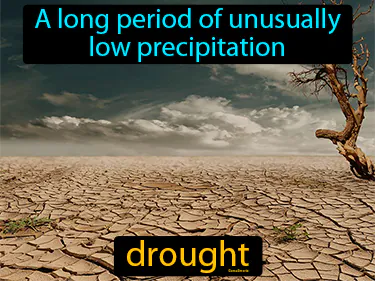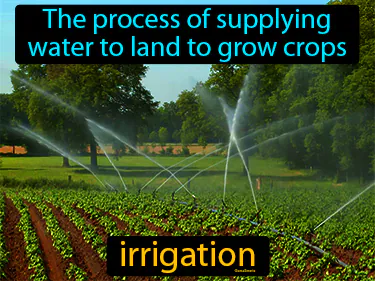The Fertile Crescent
History
Abraham
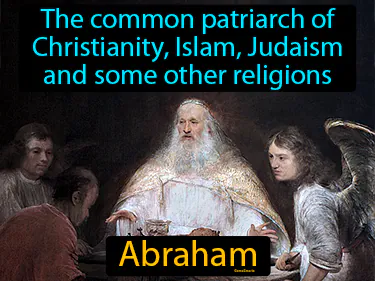
The common patriarch of Christianity, Islam, Judaism and some other religions Abraham. Abraham is a key historical and religious figure considered the founding father of these faiths due to his covenant with God.
aqueduct

A watercourse constructed to carry water from a source into the cities. Aqueduct. An aqueduct is an ancient structure designed to transport water, often seen in Roman engineering.
city-state
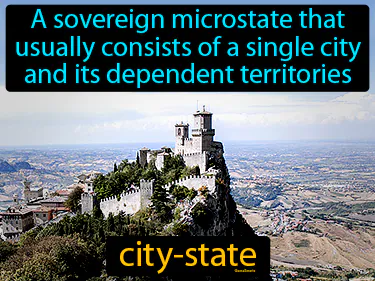
A sovereign microstate that usually consists of a single city and its dependent territories. City-state. In ancient history, a city-state was a small independent country made up of a city and its surrounding lands, like Athens or Sparta in Greece.
code of law
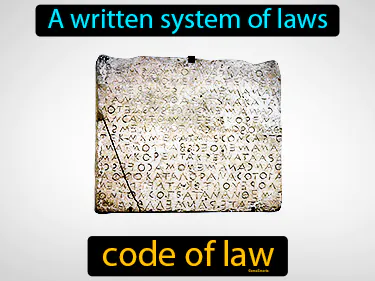
A written system of laws. Code of law. In history, a code of law is a collection of laws that were written down to govern a society, like Hammurabi's Code in ancient Babylon.
covenant
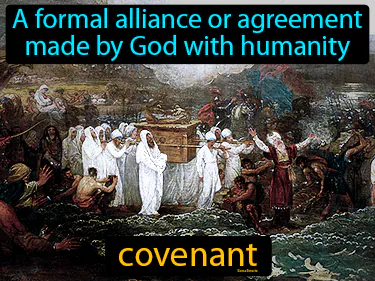
A formal alliance or agreement made by God with humanity. Covenant. In history, a covenant is a sacred agreement between God and people, like promises made to Noah or Abraham in the Bible.
cuneiform
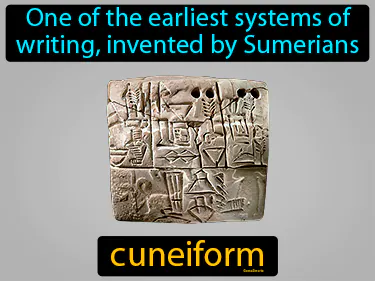
One of the earliest systems of writing, invented by Sumerians. Cuneiform is an ancient writing system using wedge-shaped marks on clay tablets, developed around 3200 BCE in Mesopotamia.
David

The third king of the United Monarchy of Israel and Judah, according to the Hebrew Bible. David. David was a famous biblical king known for uniting tribes and establishing Jerusalem as the capital.
Diaspora
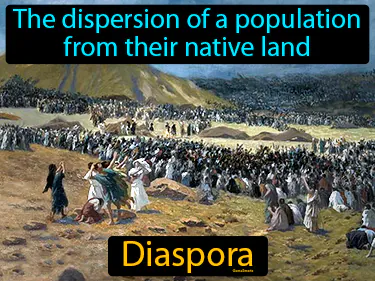
The dispersion of a population from their native land. Diaspora. In History, Diaspora refers to the movement and scattering of people away from their ancestral homelands, often due to migration, conflict, or other pressures.
empire
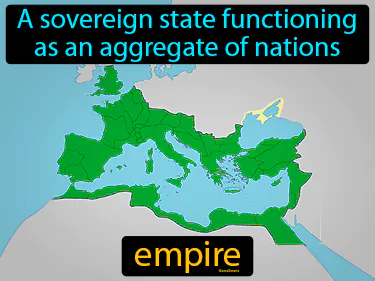
A sovereign state functioning as an aggregate of nations. Empire. An empire is a large political unit where one authority governs over several territories or peoples.
Enheduanna
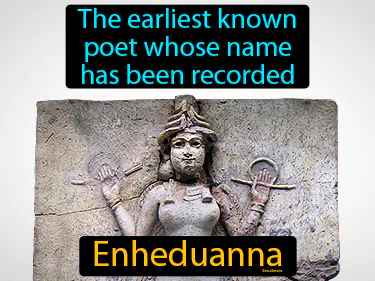
The earliest known poet whose name has been recorded Enheduanna. She was an ancient Sumerian priestess and writer, considered history's first known author.
Epic of Gilgamesh
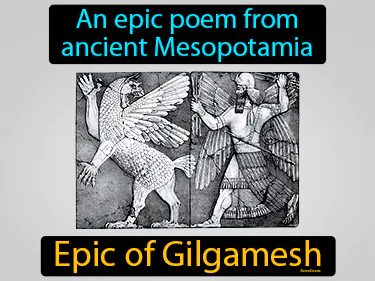
An epic poem from ancient Mesopotamia. Epic of Gilgamesh. It is one of the earliest known works of literature that tells the tale of the hero-king Gilgamesh.
Hammurabi
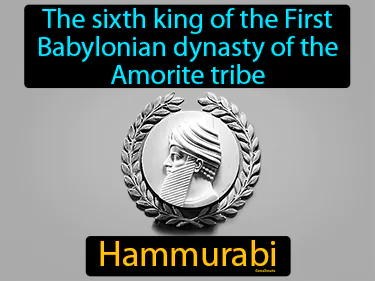
The sixth king of the First Babylonian dynasty of the Amorite tribe, Hammurabi. Hammurabi is famous for creating one of the earliest and most complete written legal codes.
Judaism
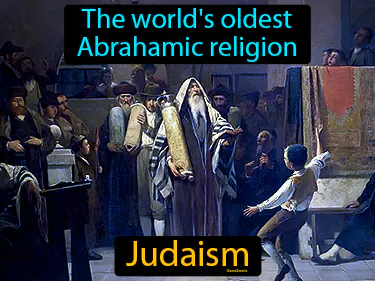
The world's oldest Abrahamic religion. Judaism. Judaism is a monotheistic religion that originated with the Hebrews and is centered around the teachings of the Torah.
levee

A naturally occurring ridge or artificially constructed fill that regulates water levels. levee. In history, levees have been used to protect ancient civilizations from flooding by controlling riverbanks.
monotheism
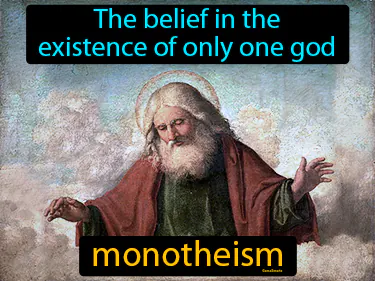
The belief in the existence of only one god. Monotheism. In history, monotheism is the religious belief system where only one deity is worshipped, like in Christianity, Islam, or Judaism.
Moses
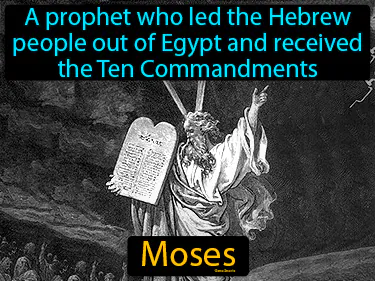
A prophet who led the Hebrew people out of Egypt and received the Ten Commandments. Moses. Moses was a significant biblical figure who played a crucial role in the liberation of the Israelites from Egyptian slavery and the reception of God's laws.
polytheism
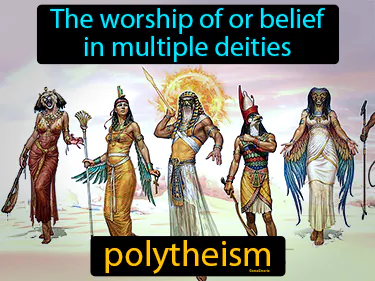
The worship of or belief in multiple deities. Polytheism is the belief in and worship of many gods, common in ancient civilizations like Greece and Egypt.
prophet
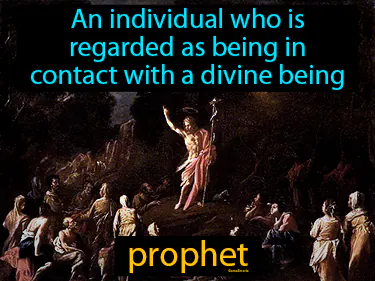
An individual who is regarded as being in contact with a divine being. Prophet. In history, a prophet is someone believed to have received messages from a god to deliver guidance or warnings to people.
Sargon
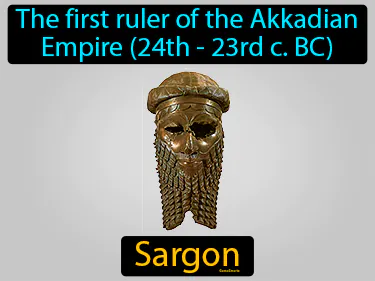
The first ruler of the Akkadian Empire 24th - 23rd c. BC. Sargon. Sargon was a powerful ancient king known for uniting various Mesopotamian city-states into one of the world's first empires.
scribe
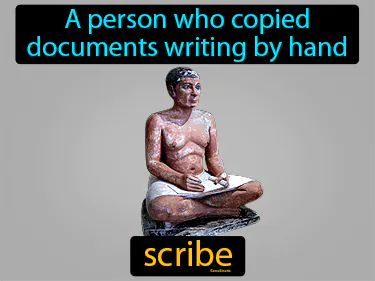
A person who copied documents writing by hand is called a scribe. In history, scribes were important because they recorded information and helped preserve knowledge before the invention of printing.
silt

A granular material whose mineral origin is quartz and feldspar. Silt. In ancient history, silt was key for agriculture as it enriched the soil with nutrients during river floods.
Solomon
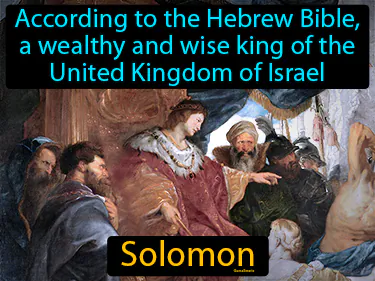
According to the Hebrew Bible, a wealthy and wise king of the United Kingdom of Israel. Solomon was known for his wisdom, building the First Temple, and ruling during a period of peace and prosperity.
Ten Commandments
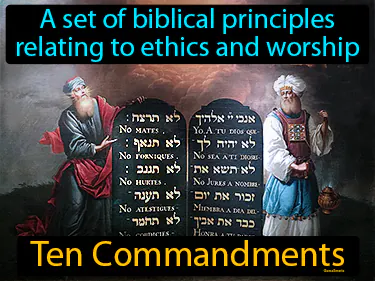
A set of biblical principles relating to ethics and worship. Ten Commandments. The Ten Commandments are a set of religious and moral laws given to Moses on Mount Sinai, forming a fundamental part of Jewish and Christian teachings.
Torah
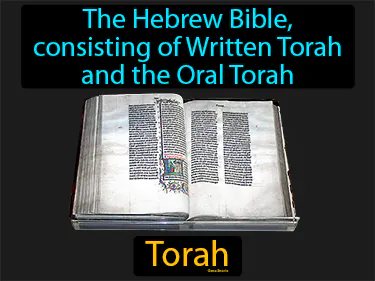
The Hebrew Bible, consisting of Written Torah and the Oral Torah. Torah. The Torah is the central reference of the Jewish religion, containing the foundational narratives, laws, and teachings, believed to be given by God to Moses.
ziggurat
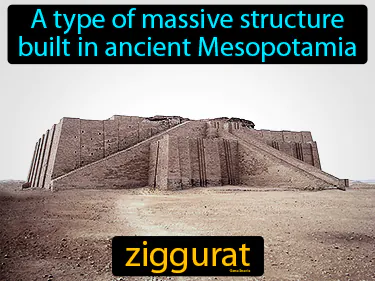
A type of massive structure built in ancient Mesopotamia. Ziggurat. Ziggurats were large pyramid-like temples that were central to religious and community life in ancient Mesopotamian cities.
